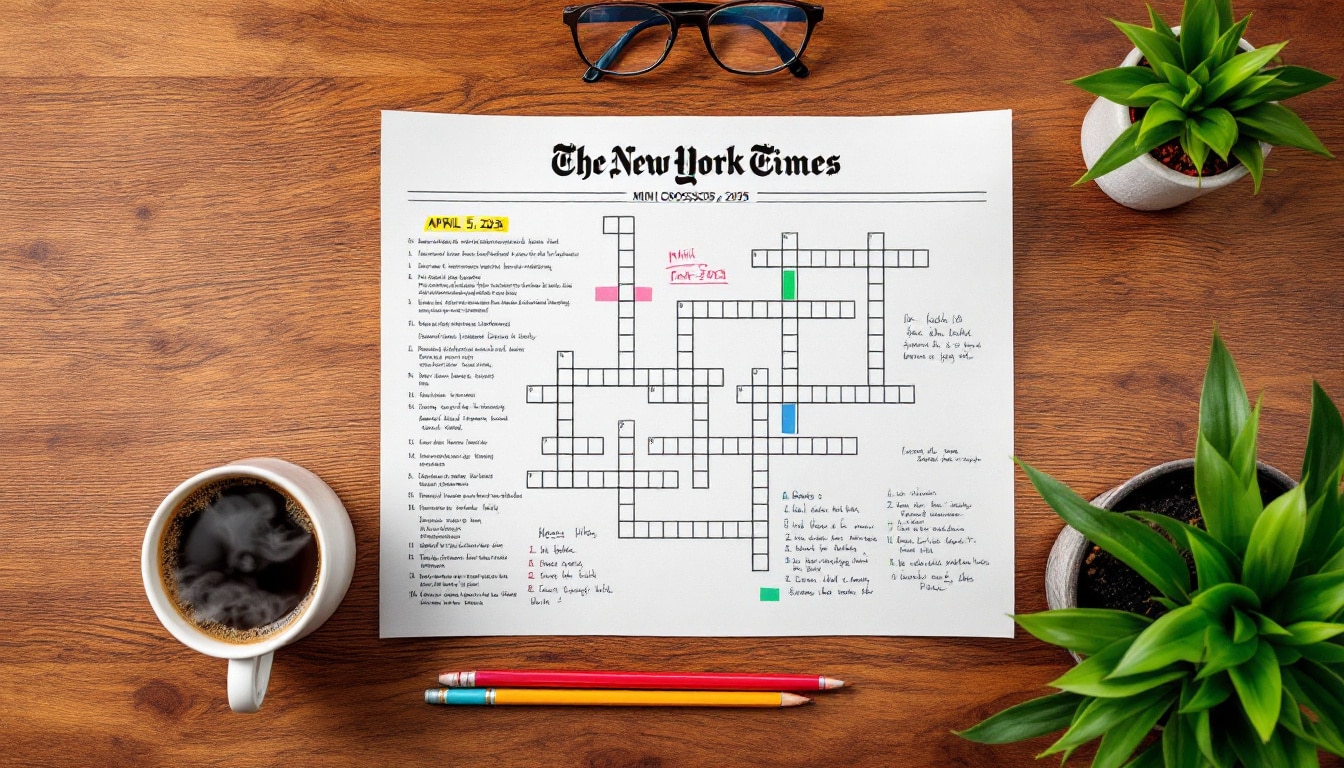As you don your favorite green outfit and prepare to celebrate St. Patrick’s Day 2025 with gusto, why not take a moment to appreciate the fascinating ways in which Irish culture has left its mark on the English language? From quirky expressions to everyday terms, you might be surprised to learn that several words you use regularly actually have Irish origins. Gather your curiosity and get ready to explore these lexical treasures!
Why Do We Celebrate St. Patrick’s Day?
First things first, let’s understand why March 17 is such a special date. Every year, people around the globe unite to celebrate St. Patrick’s Day, commemorating the death of St. Patrick in 461 AD. This day pays homage to Irish heritage and the significant contributions of Irish immigrants worldwide. From vibrant parades to festive music, it’s a day full of merriment and pride. Fun fact: the very first St. Patrick’s Day parade took place way back in 1601 in what we now call St. Augustine, Florida. Imagine that! Learn more about this historical event at the History of St. Patrick’s Day.
Surprising English Words with Irish Roots
Beyond the celebrations and green beer, did you ever consider how the Irish have influenced the language many of us speak? As we indulge in traditional Irish dishes, let’s delve into some English words that have an unexpected Irish twist. For a tantalizing journey through other delightful foods to try, check out Traditional Irish Food Dishes.
Word #1: Hooligan
Ever met a troublesome person causing all sorts of mischief? You might have labeled them a “hooligan”. This term owes its origins to the Irish surname Houlihan, often associated with ruffians in the late 19th century.
Word #2: Whiskey
Ah, “whiskey”! The name of this celebrated beverage is derived from the Irish “uisce beatha,” which translates to “water of life.” Raise a glass to that delightful etymology!
Word #3: Tory
How about a political twist? The word “tory”, often referring to members of a conservative party, originally comes from an Irish term for bandits. Politically charged, indeed! See which other words made the list at Metro’s Irish Word Origins.
Word #4: Gob
You might know “gob” as a slang term for “mouth” or “a lump.” This delightful word traces back to the Irish “gob,” meaning “beak” or “mouth.”
Word #5: Galore
Something existent “in abundance” can be described as having it “galore.” This adjective comes from the Irish “go leor,” which fittingly means “plenty.”
Word #6: Banshee
An alluring yet eerie term, a “banshee” is a spirit known for her mournful cries. Her name comes straight from the Irish “bean sídhe,” meaning “fairy woman.”
Word #7: Brogue
While “brogues” are a type of Irish shoe, the word also refers to an accent. This audio delight springs from the Irish “bróg,” nodding to the footwear of the Emerald Isle.
Word #8: Smithereens
Did something shatter into “smithereens”? Thank the Irish word “smidiríní,” which captures the essence of pieces scattered everywhere.
Word #9: Slew
When overwhelmed by the abundance of something, you might exclaim you’ve got “a slew” of it. This number-rich term is a gift from the Irish word “slua,” meaning “crowd” or “abundance.”
Feeling inspired to delve into even more Irish linguistic gems? Check out the complete list of words with Irish origins at MSN’s Irish Word Origins.
Celebrate with Irish Expressions
Now that you’ve discovered these captivating words, why not sprinkle some authentic Irish expressions into your conversations? It’s a delightful way to embrace the spirit of St. Patrick’s Day and bring a touch of Irish magic into your celebratory shenanigans. For more ideas on how to amp up your St. Patrick’s Day plans, visit The Irish Road Trip’s St. Patrick’s Day Guide.





